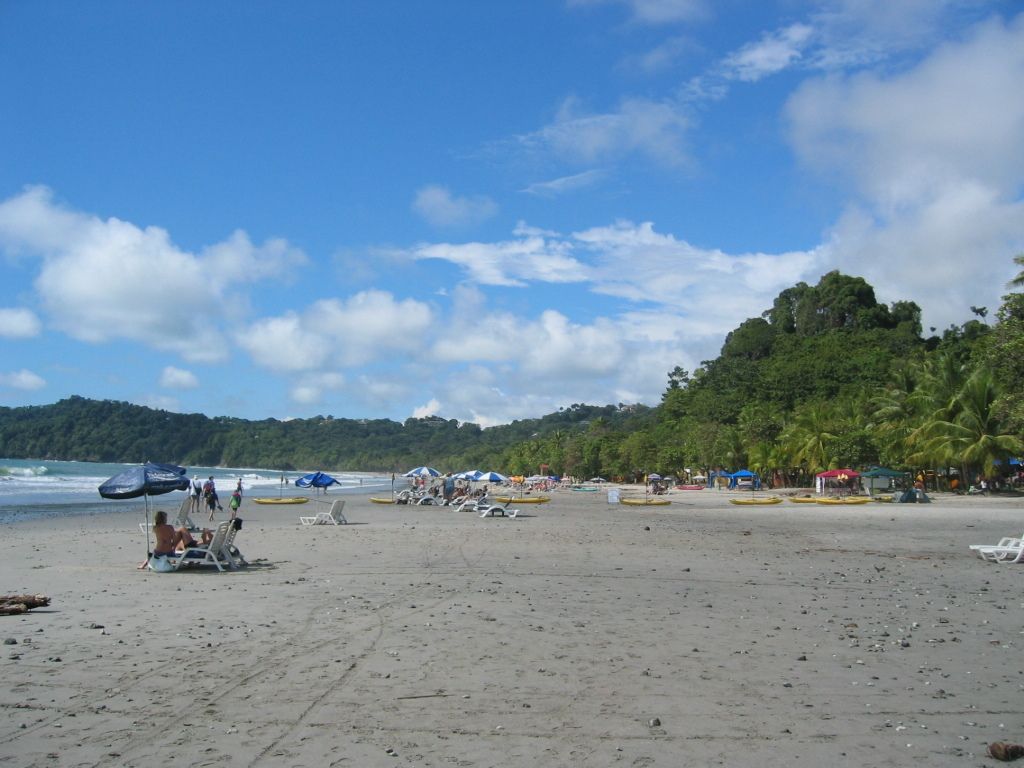Delving into AI-Research: TMU's Vision and Strategies
READYFOR AN AI RESEARCH ADVENTURE? TAIPEI MEDICAL UNIVERSITY IS THE PLACE TO BE!
If you're seeking new frontiers in research and innovation, then Taiwan's very own "AI Island" has got you covered. Taipei Medical University (TMU) is revolutionizing the research landscape, and it's all thanks to Artificial Intelligence (AI).
Exploring the unknown is no easy feat, but with AI by our side, we're one step closer to unearthing new discoveries. AI has the power to transform research processes, making them more efficient and accessible than ever before.
Research is like an expedition into the unknown, mapping new territories and uncovering resources that drive innovation. Historically, the research process in Taiwan has been fragmented, with language and cultural barriers hindering collaboration. But with TMU leading the way, those barriers are being broken down.
TMU has decided to take a different approach. Gone are the days of isolated and disconnected research paths. By establishing the TMU Research Center for AI, it's creating a centralized ecosystem that connects the intelligences of different researchers and disciplines. This collaboration will foster innovation and fuel the economy, helping Taiwan establish itself as Asia's leading "AI Island."
President William Lai knows the potential of AI and its impact on Taiwan's economy. In his inaugural address, he stated that to achieve this Vision, "[w]e must adapt AI for industry and step up the pace of AI innovation and applications. We must also adapt industry for AI and use AI's computational power to make our nation, our military, our workforce and our economy stronger."
At the heart of TMU's research ecosystem is the Office of Data Science (ODS). It acts as a central hub, providing data integration, statistical support, and collaboration opportunities for healthcare projects. The ODS is like Google Maps replacing outdated paper maps, offering a constantly updated, navigable network of interconnected research projects. It serves three primary functions:
- As a comprehensive data hub, it integrates different types of clinical information through a Common Data Model, acting like a major highway that connects various data sources.
- It provides advanced analytical tools that function as navigational aids to help researchers traverse the complex data landscape.
- Lastly, it enables interdisciplinary intersections and creates collaborative junctions where different fields and institutions can converge to accelerate medical research and innovation.
With the ODS on their side, researchers can tackle real-world challenges more effectively and collaborate across disciplines to develop innovative solutions. TMU's AI-driven ecosystem is a blueprint for others to follow, demonstrating how a research powerhouse can drive medical research and innovation like never before.
Let TMU be your guide to explore this exciting new AI-driven frontier. Dive into the world of research and discover a realm of innovation yet to be uncovered!
- To further enhance the biomedical research in Taiwan, Taiwan's AI Island, spearheaded by Taipei Medical University (TMU), is upgrading its technology with artificial intelligence (AI) initiatives, aimed at eliminating existing barriers and fostering interdisciplinary collaborations.
- TMU's initiative to establish the TMU Research Center for AI is not just about centralizing research, but also about upgrading the technology used in medical research, using artificial intelligence, which will help Taiwan become a leading AI Island in Asia.
- At the heart of TMU's AI-driven research ecosystem is the Office of Data Science (ODS), an advanced data hub that integrates different types of clinical information through a Common Data Model, powering innovation in Taiwan with artificial intelligence.







